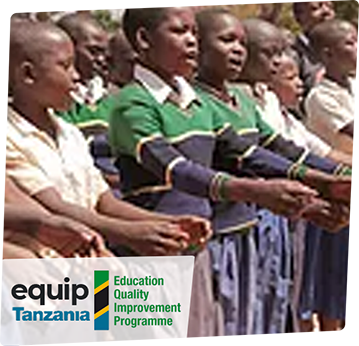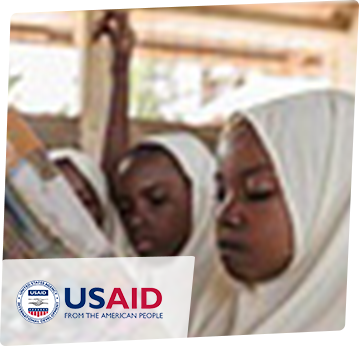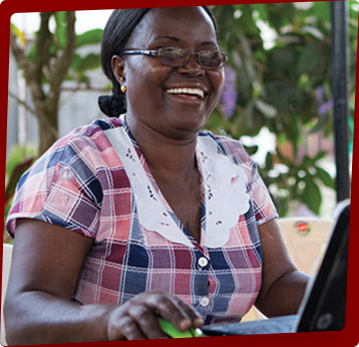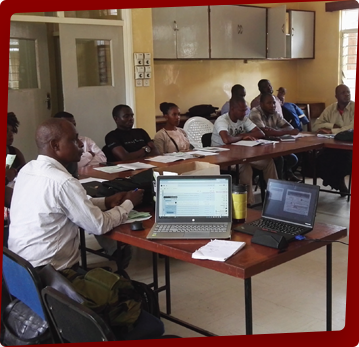
Tanzania
EQUIP-Tanzania
EQUIP-Tanzania was a six-year, GBP 80million, UKAID-funded grant programme in support of better learning outcomes at basic education level, especially for girls. It aimed to develop, implement and demonstrate best approaches to strengthen the quality of education originally in five, and subsequently in nine regions, ready for national scale-up within the structure of the national, Primary Education Development Programme Phase III (PEDPIII).
EQUIP-T targeted 2.3+ million, enrolled primary students and 47,446 Teachers in 30,478 Classrooms in 5,000+ Target Schools of 1,000+ Target Wards across 50+ Target Local Government Authorities in 9 Regions.
Component 5: Strengthened Learning & Dissemination of Results aimed to strengthen learning and the dissemination of results through national, regional, district and ward-based dialogue.
Under EQUIP-T, DAAS provided technical assistance during the period (2014-2019) to the Government of Tanzania (GOT), in support of the following areas:
- To have reliable, timely and relevant measures of programme impact, outcome and output indicators as represented in the programme log-frame for use by the Managing Agent, Government of Tanzania, DFID and other interested stakeholders;
- To have measures of the relevance, effectiveness and efficiency of inputs related to critical programme milestones associated with each activity and sub-activities, designed to meet programme outputs To achieve this, DAAS carried out the following interventions.
- Policy: technical assistance to GOT in the development of the National School Information System (SIS) Roadmap, setting out the medium-term interventions and required resource to achieve national coverage of the SIS
- Strategy: technical assistance to GOT to determine (i) the data, system and human capacity gaps/needs of the existing practice/coverage, (ii) development of performance management data requirements based on school-level quality assurance needs, (iii) architecture design to achieve an ICT system and (iv) processes and human resource to deliver real-time, accurate school performance data.
- ICT: (i) technical assistance to GOT and the Managing Agent for the determination and supply of the ICT infrastructure (hardware and software) for schools, wards, districts and national level;(ii) technical assistance for the procurement and delivery of hardware including 5,500 tablets; (iii) medium-term, placement of technical assistance for on-the-job support to the President’s Office – Regional Administration and Local Government (PO-RALG) technicians responsible for SIS;and (iii) technical assistance to PO-RALG management Capacity Building: technical assistance to GOT and the Managing Agent for the development and implementation of national and sub-national capacity building programme for SIS users at each level of the education system, including national and sub-national support services/technicians.





